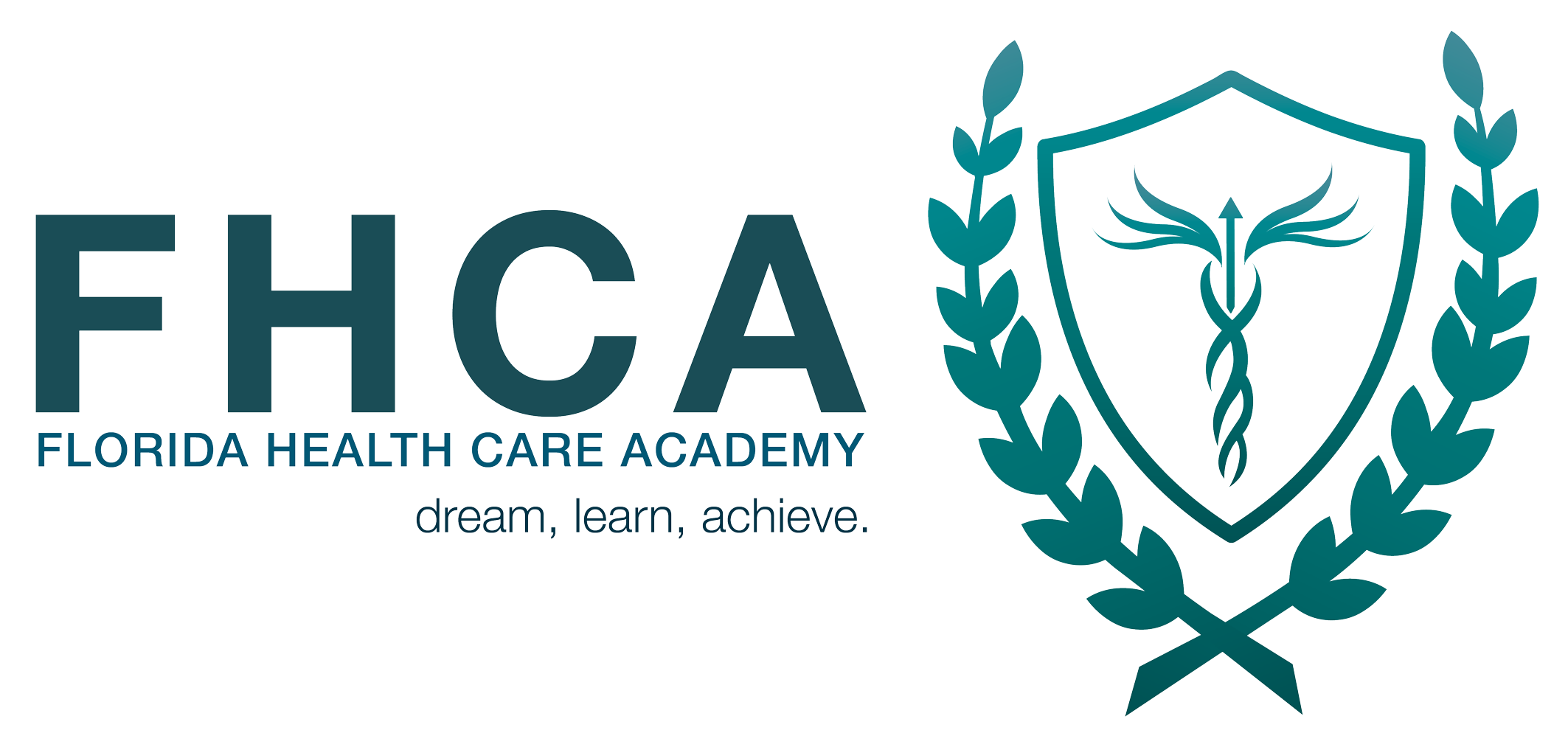Medical Assistants are needed in Florida
January 21, 2018Become a home health aide or a certified nursing assistant at FHCA Orlando
June 19, 2018Attending physicians are the future of healthcare
Across the country, healthcare professionals who are not physicians, usually nurse practitioners (NP) and physician assistants (PA), are emerging in a variety of medical settings. Projections show that attending physicians are the future of healthcare!
We often see these advanced practice providers (APPs) in primary health care and family medicine practices, but they also work as specialists in hospitals and clinics, in retail establishments, among others. In rural areas, they may be the only health care providers available on a regular basis.
Their ranks are growing rapidly. In the last 10 years, the number of NPs licensed in the United States has almost doubled, reaching 205,000. Between 2003 and today, the PA number increased from approximately 43,500 to more than 102,000.
One of the main reasons? The demand for doctors, especially general practitioners and internists, is outstripping the offer. The American Association of Medical Colleges (AAMC) expects a shortage of up to 31,100 primary care physicians and up to 63,700 doctors of other specialties by 2025.
PPPs can compensate for this deficit. But can they give you the care you need? And how does it compare to the care you would receive from a medical doctor (M.D.) or a doctor in osteopathy (O.D.)?
PA and NP professionals are handling many tasks that were once the sole domain of physicians: they can prescribe medicines in all states. In 21 states and the District of Columbia, nursing professionals can practice autonomously. Some medical associates and nursing professionals replace residents in medical academic centers.
But there are differences between PPPs and doctors. This is a difference that distinguishes them. What PPPs can do legally vary from one state to another and even from one hospital to another. For example, NPs cannot prescribe controlled substances or medications in Florida. In some states, a supervising doctor must be present at the site where an NP treats you; but in other states, this is not necessary.
Across the country, the authority that NPs and PAs must hospitalize will depend on the hospital.
Their training also differs. Physicians and PAs train under the so-called medical model (although primary care physicians have approximately 23,000 hours of education and training and medical associates have approximately 3,000). This teaches doctors to work through a diagnostic process that addresses the questions you ask, the medical test you perform, the diagnostic studies and treatments. Nursing professionals are educated under the nursing model that emphasizes the promotion of health and education.
Ultimately, what an NP or PA does in a doctor’s office depends on their experience, environment, and specialty. Often, each team of doctors, PA and NP, will decide what is the best use of each other’s skills in the healthcare team, and this can vary from practice to practice.

